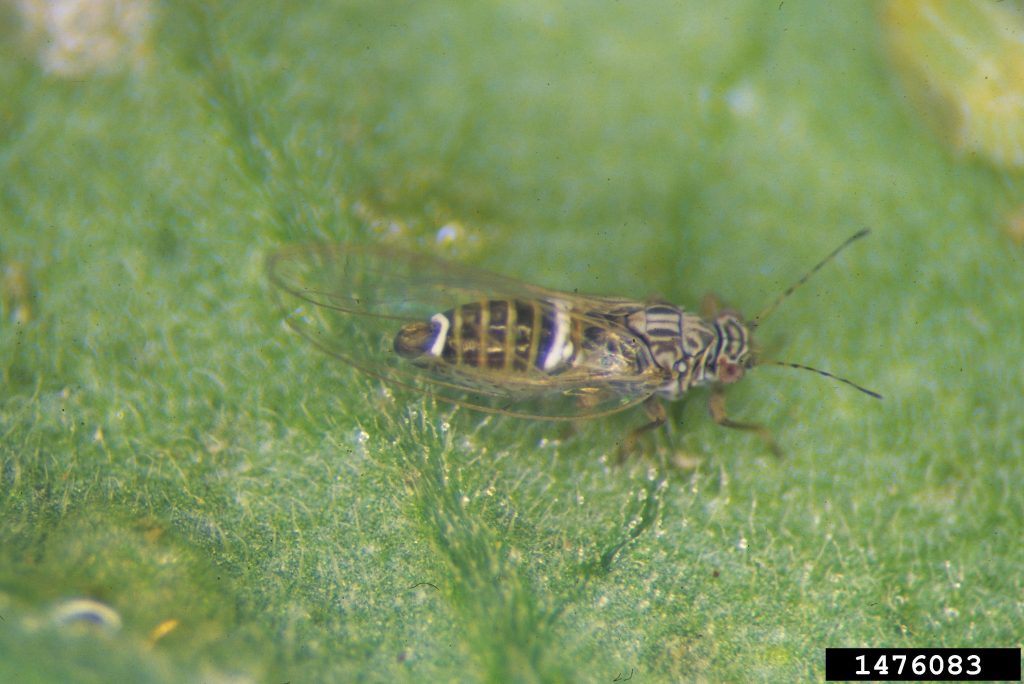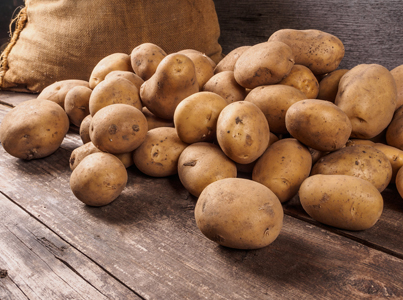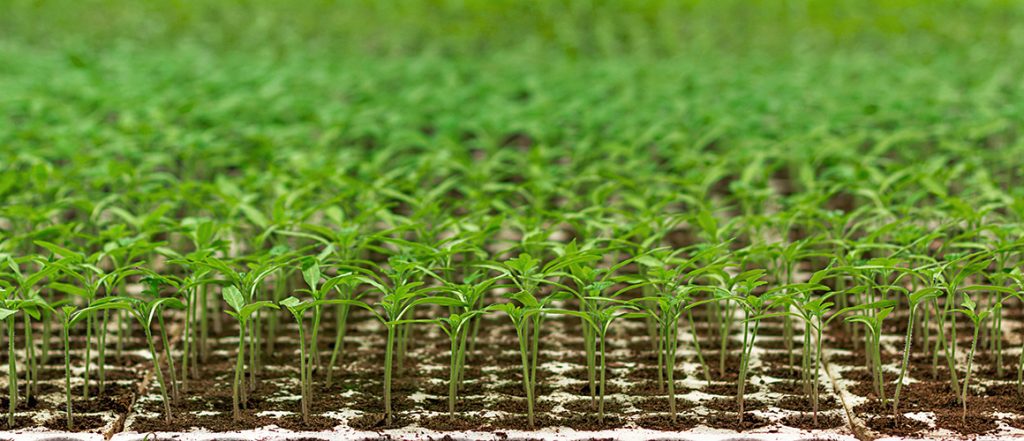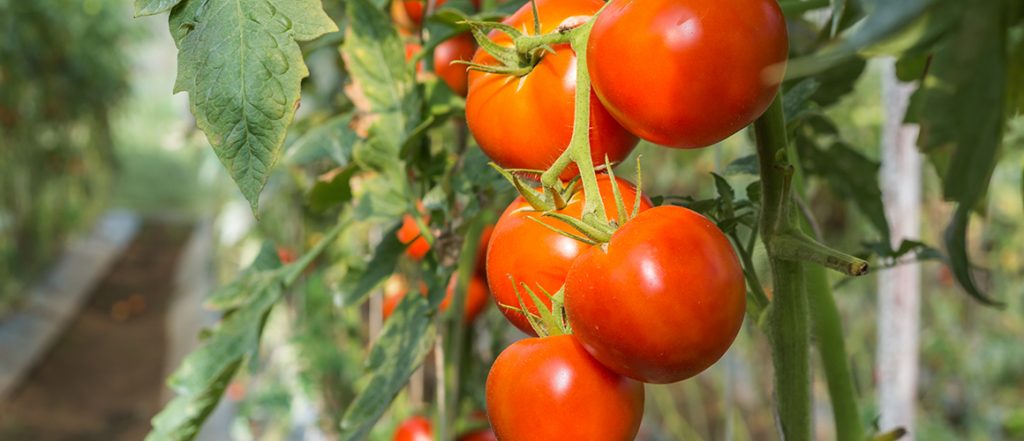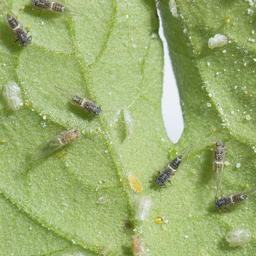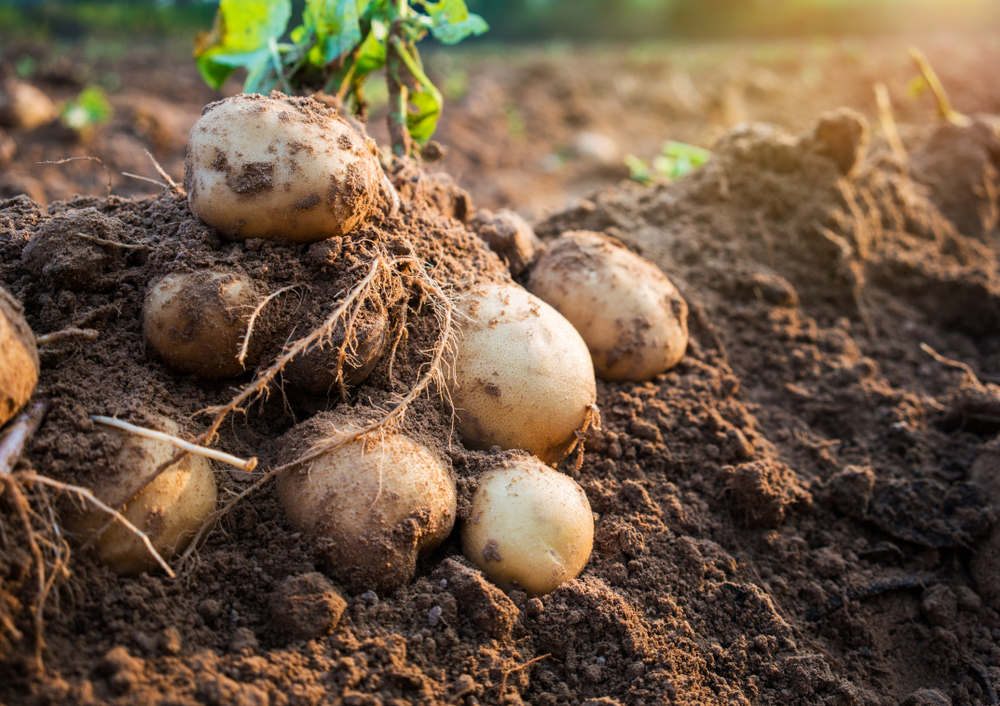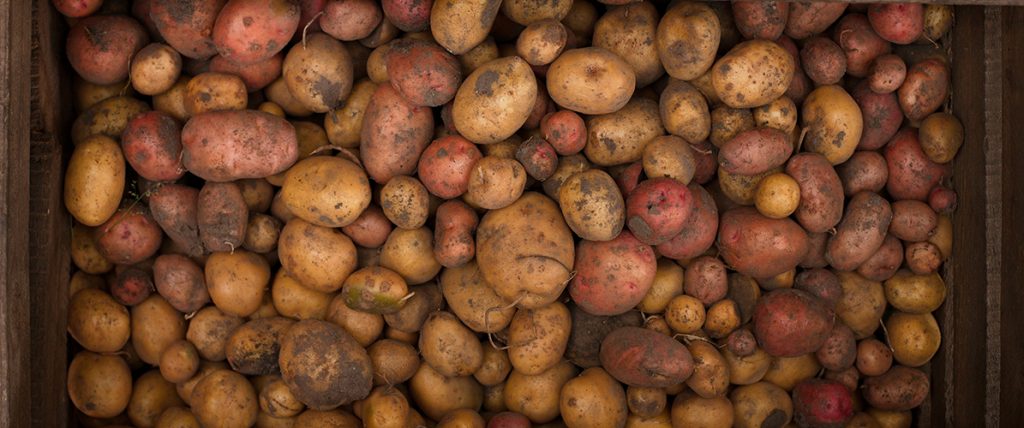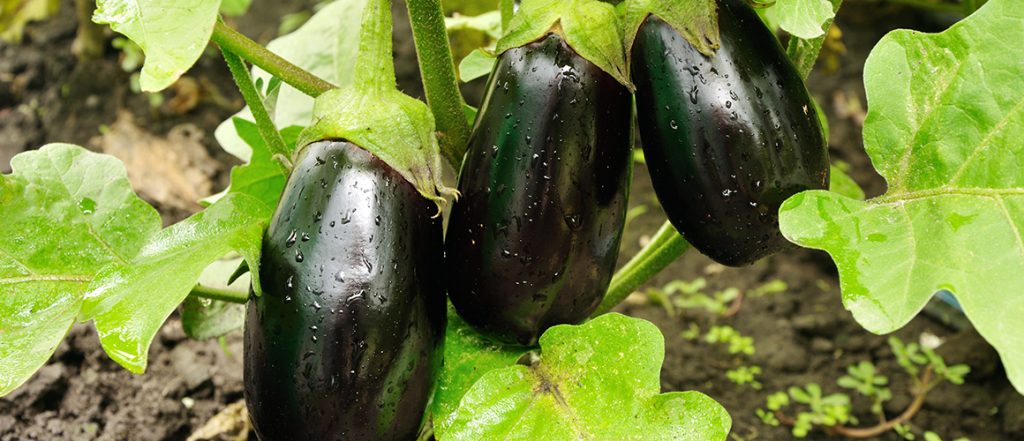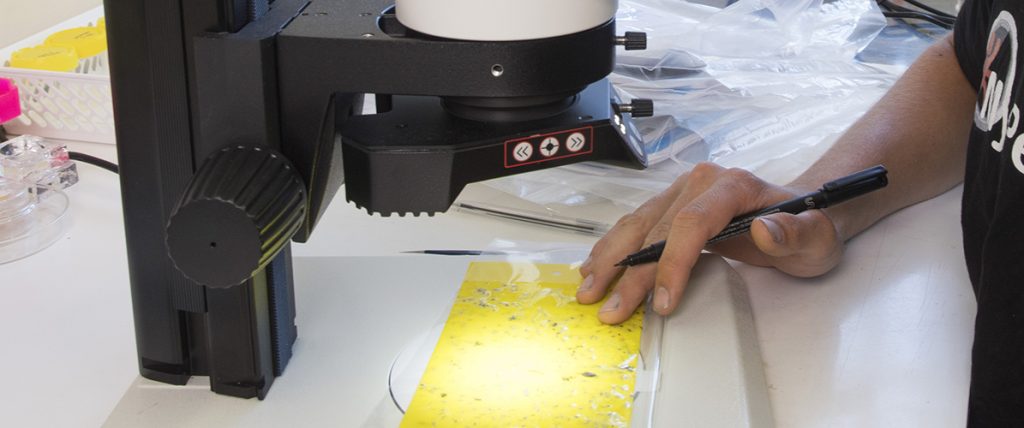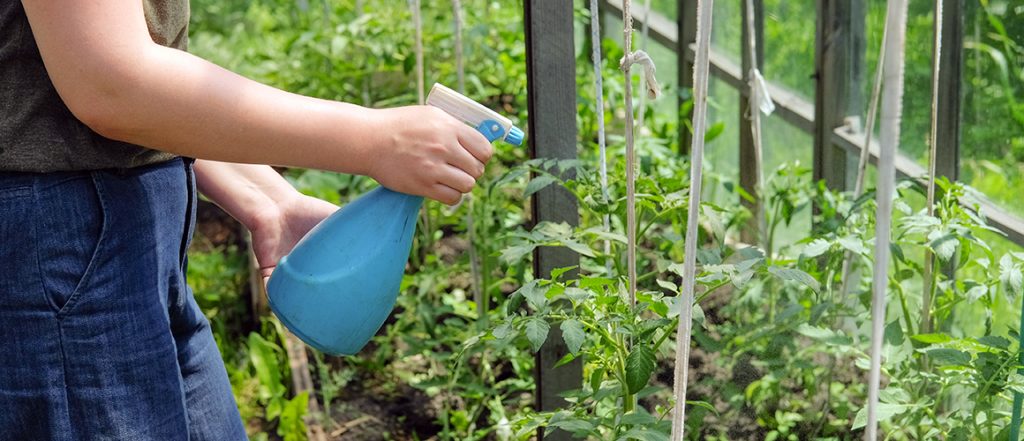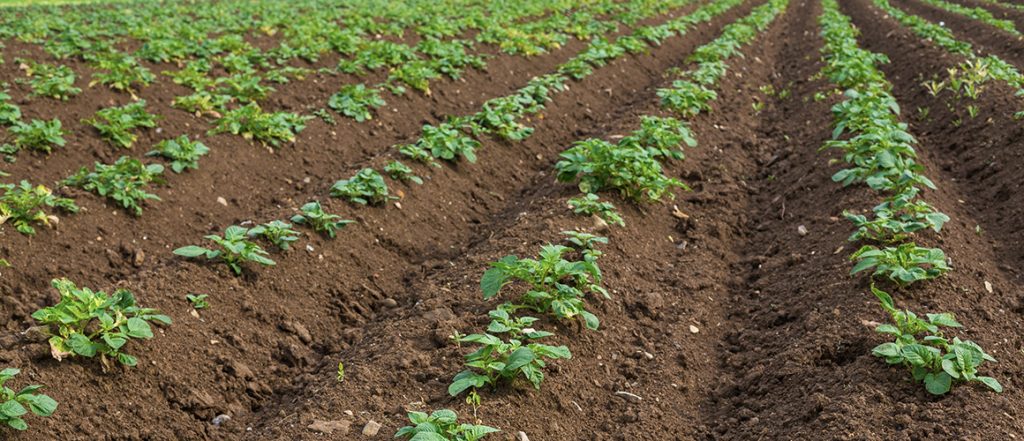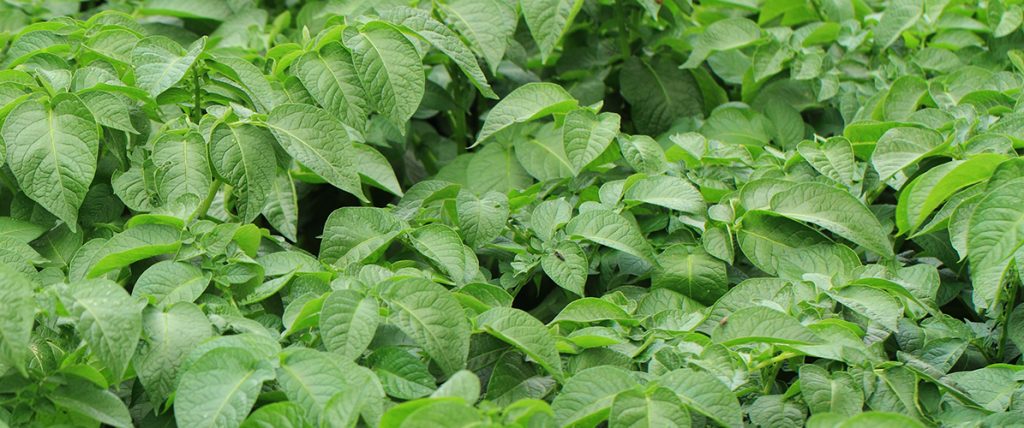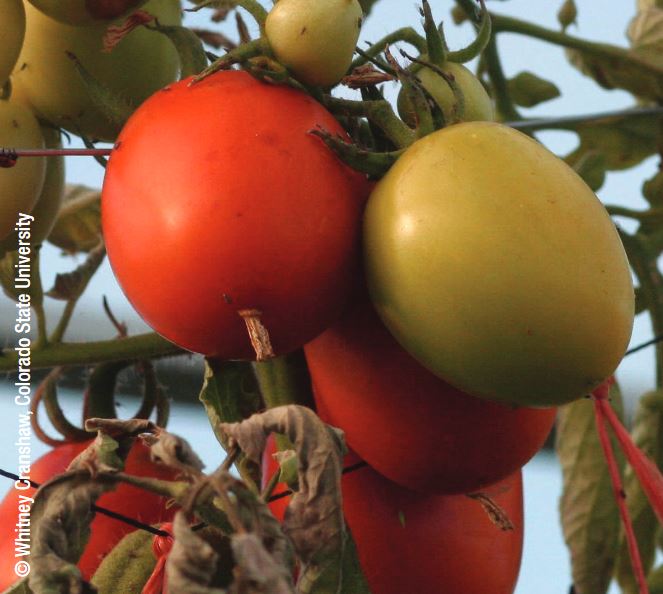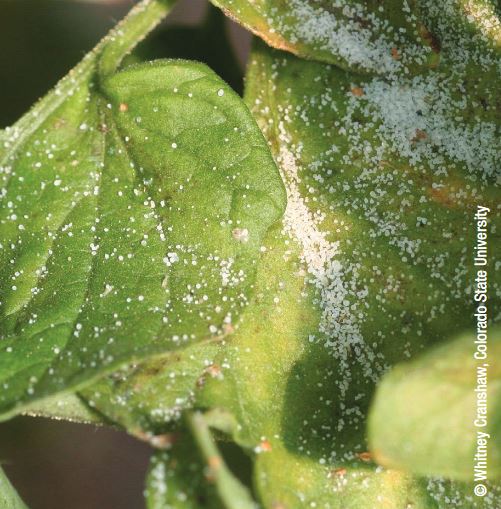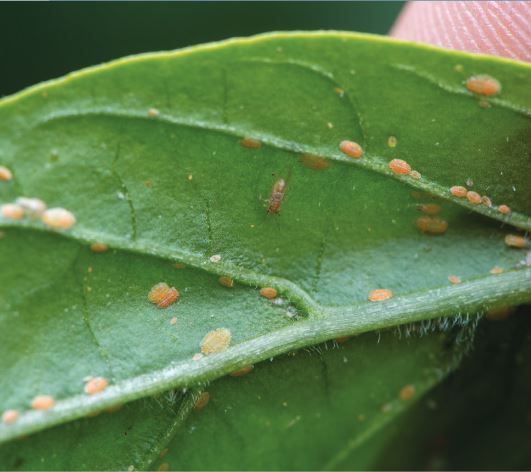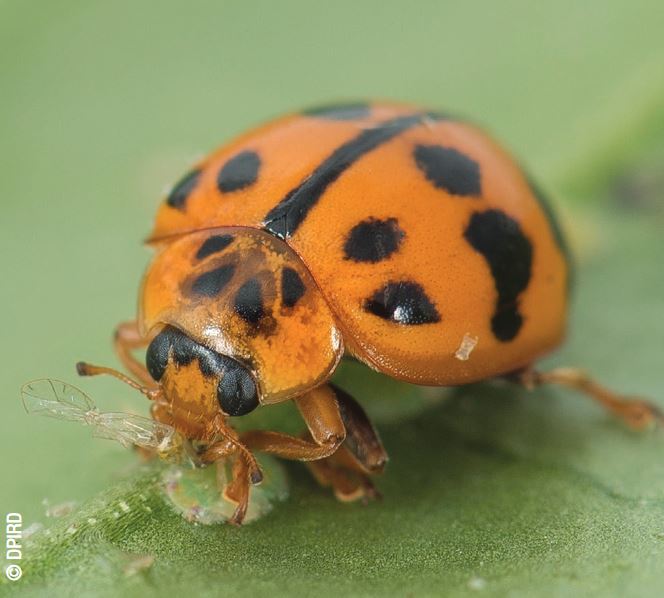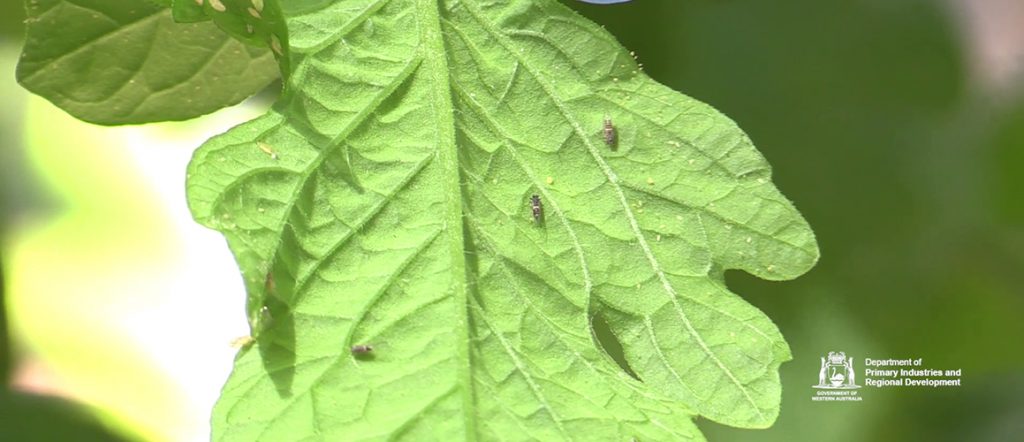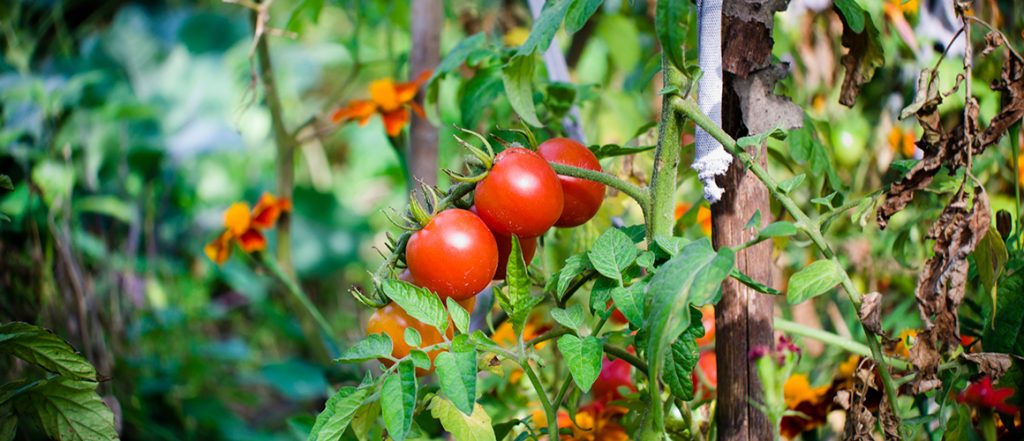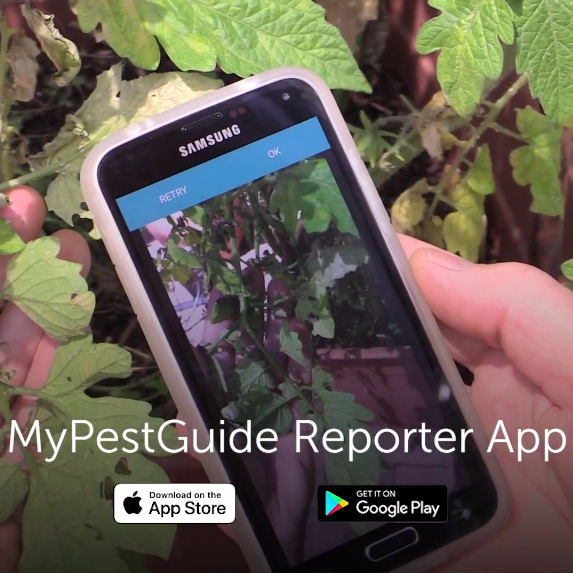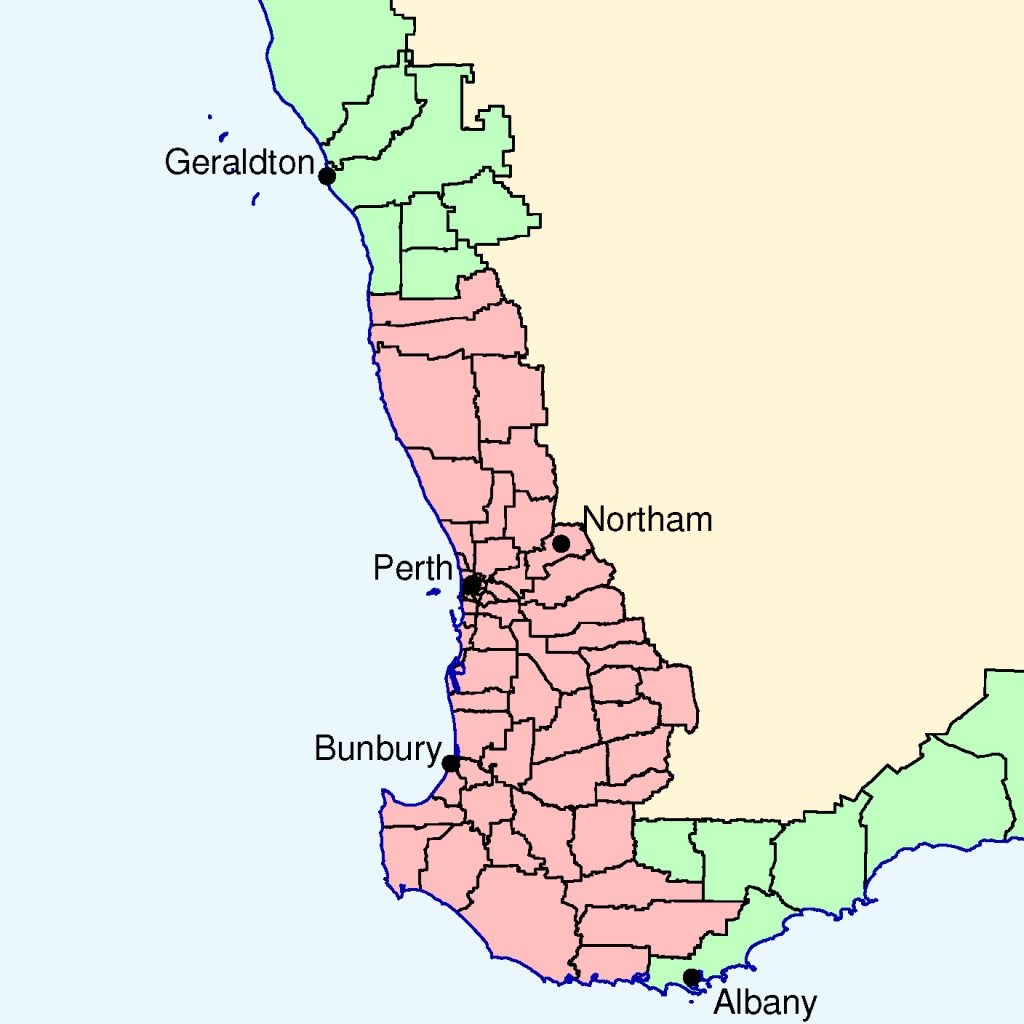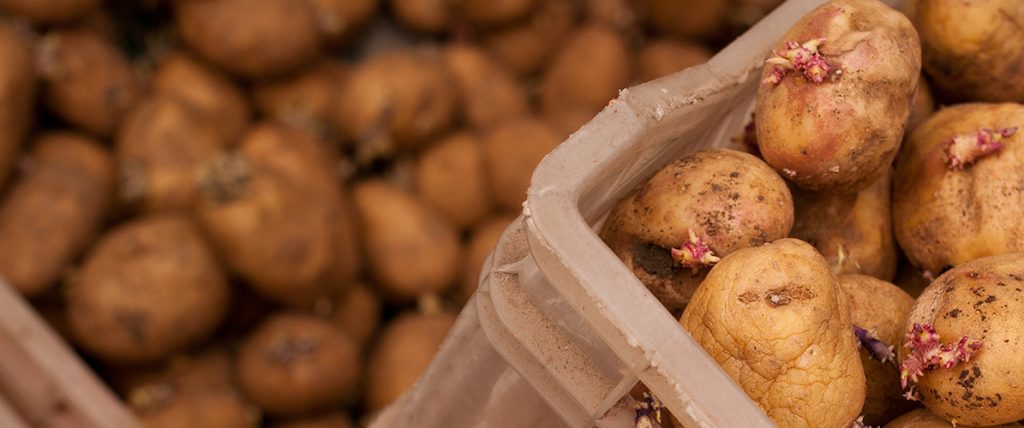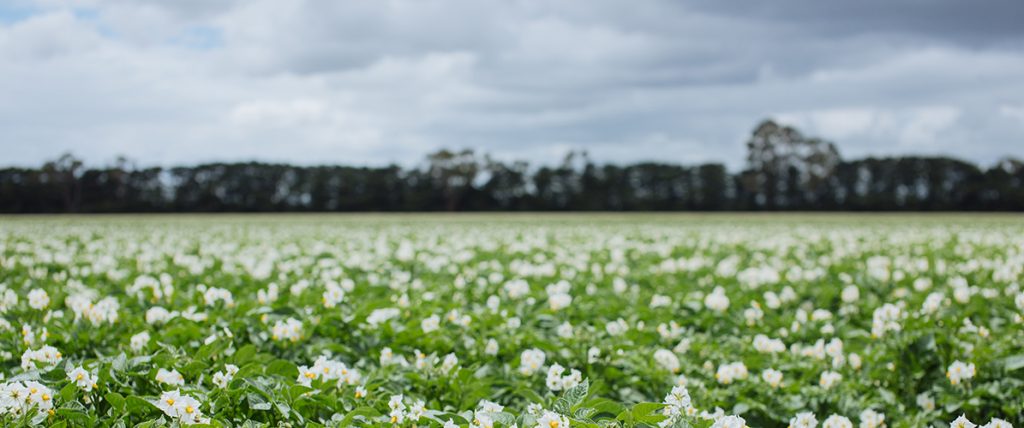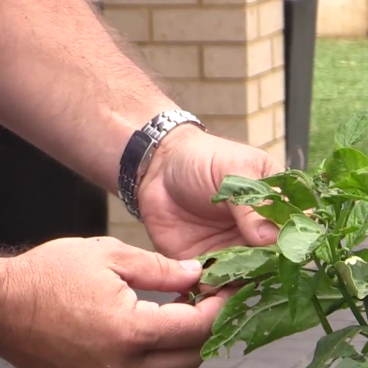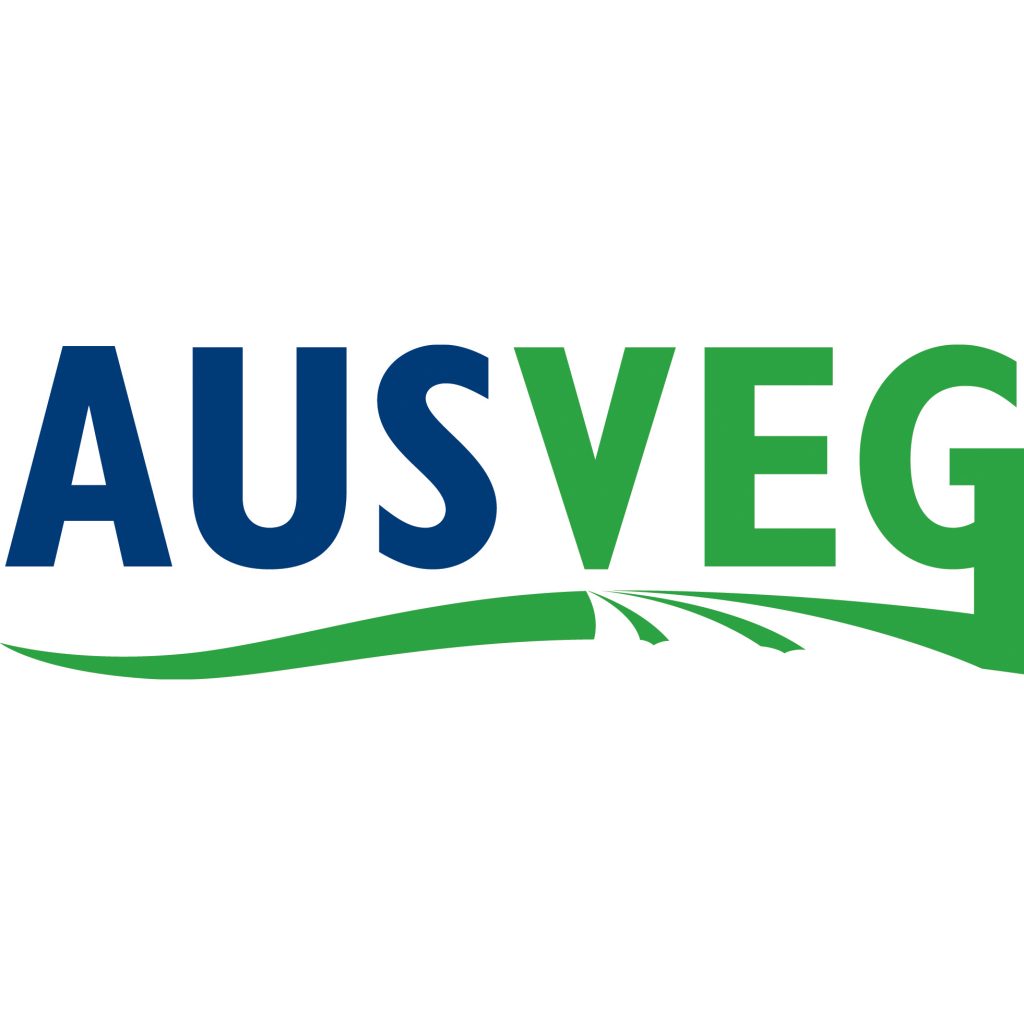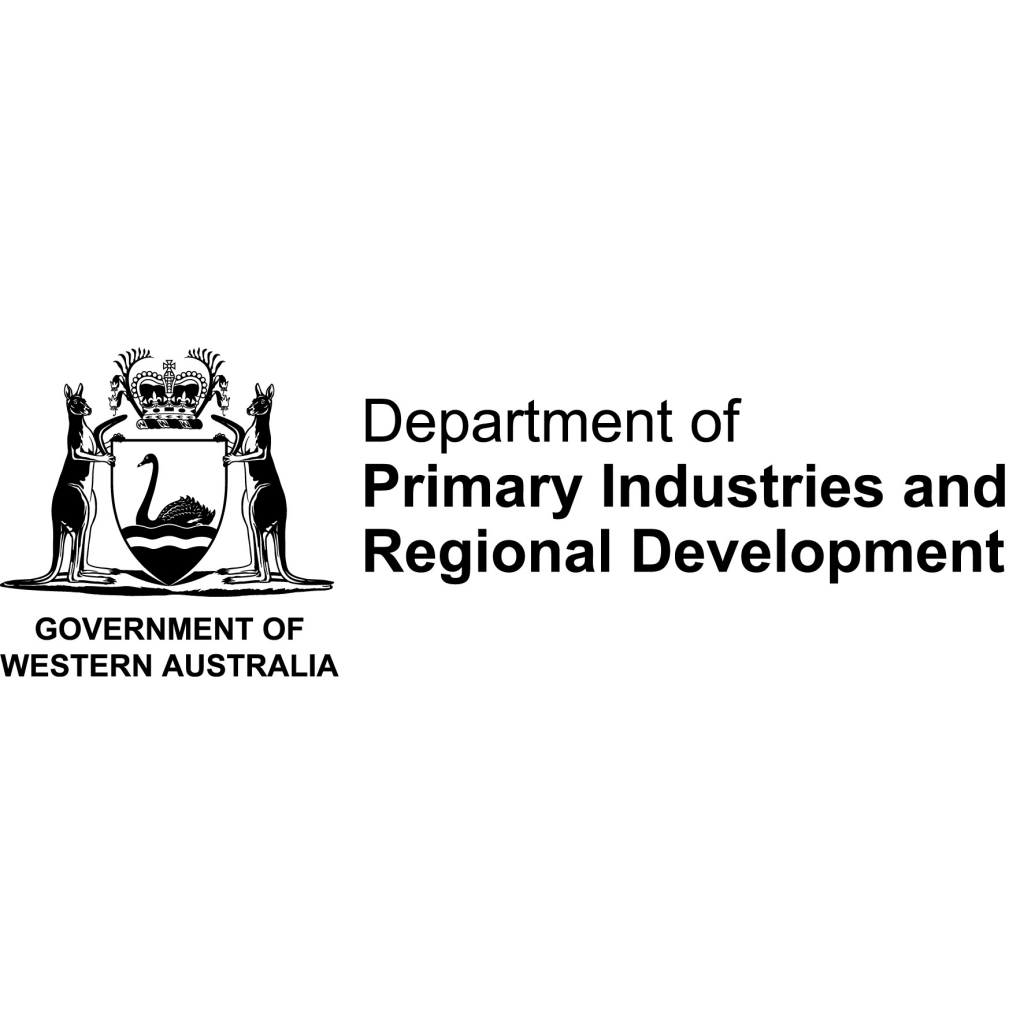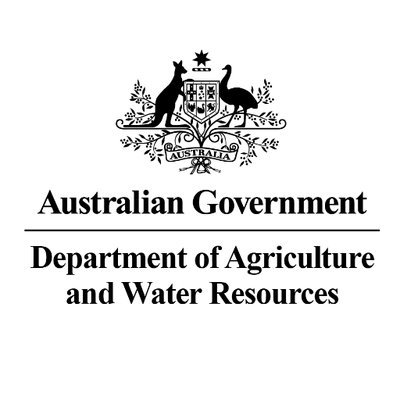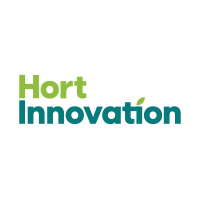Tomato Potato Psyllid Information Portal
This is a central point for information relating to the presence of tomato potato psyllid (TPP) in Australia.
If you think you’ve found TPP on your property, call the Exotic Plant Pest Hotline on 1800 084 881.
Navigating this page
Use the post lists immediately below to quickly go to the latest information and updates about the response to TPP, including the latest quarantine area notices, market access information, research reports and updates for home gardeners.
Click on a post to go directly to that content, or click on the section titles to see all updates in that category.
For general information about TPP, the project coordinating a national response to TPP, and the agencies and organisations who have partnered to support this portal, see further down the page.
- All
- Control options
- Enterprise Management Plan
- General information
- Grower information
- Home gardener information
- Movement conditions
- Quarantine Area Notices
About TPP
TPP is a plant pest which feeds on tomato, potato, capsicum, chilli, goji berry, tamarillo, eggplant and sweet potato, leading to a loss of plant vigor and yield. The weeds nightshade, groundcherry, matrimony vine and field bindweed are also hosts of the pest.
You can also refer to these frequently asked questions about TPP.
About this portal
AUSVEG is coordinating the national response to TPP on behalf of the industry, with Alan Nankivell acting as National TPP Coordinator.
We’ve established this portal as a central point for information about TPP to ensure it’s available to growers, industry members and the public, and we’ll be updating it as new information comes to hand.
If you have any questions, contact us using the details below.
Contact
Mr Alan Nankivell acts as National TPP Coordinator. Mr Nankivell has an extensive background in horticulture, including previous roles as CEO of Vinehealth Australia and as a Research Coordinator for the Plant Biosecurity Cooperative Research Centre.
To contact Alan, use the AUSVEG contact form.
Acknowledgements
This portal has been developed as part of a collaboration between AUSVEG, Hort Innovation and Australian state and territory agencies and government departments.
The National TPP Coordinator role is funded through strategic levy investments by Hort Innovation using industry levies and contributions from the Australian government.

